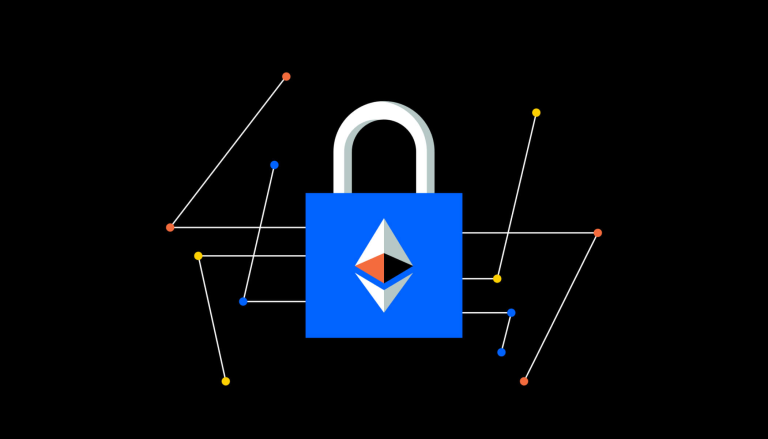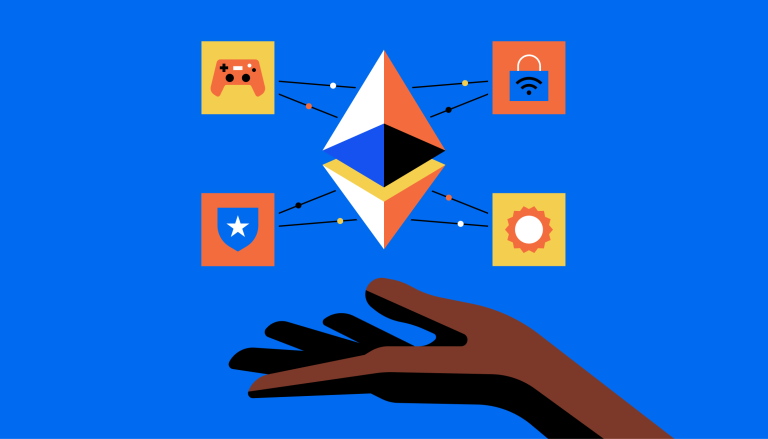What is the Ethereum Virtual Machine (EVM)?

The Ethereum Virtual Machine (EVM) is a decentralized computation engine that executes smart contracts on the Ethereum network.
EVM is not exclusive to Ethereum; it is also used by other blockchains like Polygon, Arbitrum, and Avalanche.
EVM plays a crucial role in maintaining consensus across the Ethereum blockchain and facilitating the execution of decentralized applications (dApps).
What is the Ethereum Virtual Machine (EVM)?
The Ethereum Virtual Machine (EVM) is a decentralized computation engine that executes smart contracts on the Ethereum network. It is a crucial component of Ethereum's infrastructure, enabling the execution of code exactly as intended. EVM is not a physical machine but a virtual one, operating across thousands of computers, or nodes, participating in the Ethereum network. This distributed nature of EVM ensures the security and reliability of the Ethereum network.
How does the EVM work?
The EVM operates as a state machine, meaning it computes a new valid state from block to block based on a set of predefined rules. These rules govern the execution of smart contracts and the updating of the Ethereum blockchain's state. When a smart contract is executed, the EVM interprets the contract's code, which is written in a language called Solidity and then converted into bytecode. The EVM uses this bytecode to perform specific tasks, ensuring that the contract's code is executed exactly as written.
Why is the EVM important?
The EVM is instrumental in maintaining consensus across the Ethereum blockchain. Every node in the Ethereum network runs the EVM, ensuring that all nodes agree on the state of the blockchain. This consensus is vital for the security and integrity of the Ethereum network. The EVM's ability to execute smart contracts enables the creation of decentralized applications (dApps), which are applications that run on the blockchain rather than on a centralized server. This opens up a wide range of possibilities for developers and users alike, from decentralized finance (DeFi) applications to non-fungible tokens (NFTs).
The EVM and other blockchains
While the EVM is a core component of the Ethereum network, it is not exclusive to Ethereum. Many other blockchains, including Polygon, Arbitrum, and Avalanche, also use the EVM. This is because the EVM provides an environment for executing smart contracts, making it easier for developers to build applications that can run on multiple blockchains. This interoperability is a key advantage of the EVM and contributes to its widespread adoption.
The future of the EVM
As the blockchain space continues to evolve, the EVM is likely to play a role. Its ability to execute smart contracts and maintain consensus across the blockchain makes it a vital component of any blockchain that supports dApps. As more blockchains adopt the EVM, we can expect to see increased interoperability between different blockchains, opening up new possibilities for cross-chain applications and services.


